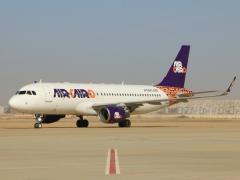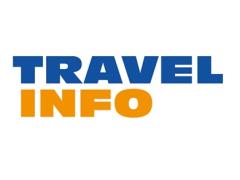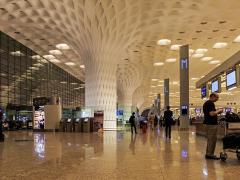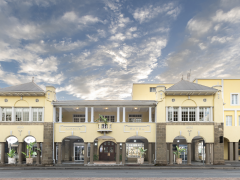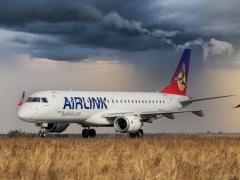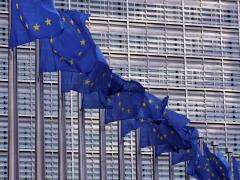Incentive travel has recovered rapidly post-pandemic. However, COVID left a massive shortage of incentive specialists and disrupted a legacy of inhouse training.
Raoul Canetti, MD of U-Cannect – a representation company for several international DMC services specialising in incentives – explained the changes that the COVID pandemic had created in the incentive travel dynamic.
Post-pandemic pandemonium
“Lots of corporates didn't travel so they had accumulated funds, from one year to the next year to the next year. So, just post-pandemic, we had a beautiful spike of business where we were seeing big companies travel. So the numbers participating went up and the frequency of incentives went up,” says Canetti.
Both Canetti and Linda Benwell, MD and Owner of XL Millennium Travel, XL Travel’s incentive branch, found that more corporates, particularly new companies, were opting for more domestic incentive experiences such as safaris in the Kruger and luxury getaways to Cape Town, because access was quick and convenient.
Although this did not take the place of international incentives, it did offer corporates the opportunity to maintain the lavish wow-factor accommodation and activities associated with incentive travel.
With international incentives, expensive airfares and inflation have seen corporates compromising on the luxury level of their incentives.
Benwell says with airfares as high as they are, corporates have been forced to increase their budgets as fares are the biggest cost factor. Added to this they have also had to increase budgets based on inflation, which affects every detail – food, accommodation and transport.
As a result, incentive organisers are finding that corporates compromise on the traditional luxury of incentive experiences by shortening the trips, reducing activities, making fancy dinners simpler, giving up business-class flights, using four-star accommodation instead of five-star and awarding the opportunity to smaller groups.
Training issues
Post COVID, the remaining experienced incentive specialists could see the advantages of working remotely. As a result, many continued remote working models, while new agents entering the industry worked in the office.
This created a disconnect between the specialists with different levels of expertise, and inadvertently obstructed the training process for new incentive specialists.
According to Benwell, incentives agents require specialised training and a knowledge of travel logistics, hoteliers and tour operators. Canetti expanded on this, saying that they also need first-hand experiences travelling to destinations, as well as skills for administration, presentation compilation and public speaking confidence in order to organise and present their ideas to attract corporate clientele.
“But we also don't have an external training system that explains the industry: this is what we’re doing; this is how you put a costing together; this is what a good presentation is; and this is how to present it to the board of directors who are firing questions at you,” explains Canetti.
Both explain that these skills come with years of travel trade experience, personal travel experiences and inhouse training. However, due to experienced specialists working from home and the work pressure creating a lack of capacity within incentive agencies, formal training is rare. Added to this, newer specialists are not able to take advantage of familiarisation trips or take time off to travel.
“Because the incentive companies are always short-staffed and really crazy busy, they can't afford to have a staff member out of the office for 10 days on a fam trip,” says Canetti.
This all has contributed to a highly competitive niche industry, into which corporates put out tenders. This puts a lot of pressure on the few specialists to produce multiple proposals with detailed quotes despite a low conversion rate.
According to businessresearchinsights.com, the global rewards and incentives market was valued at US$3,91 billion (R70,8 billion) in 2023 and is projected to reach $8,48 billion (R153,5 billion) by 2032.



